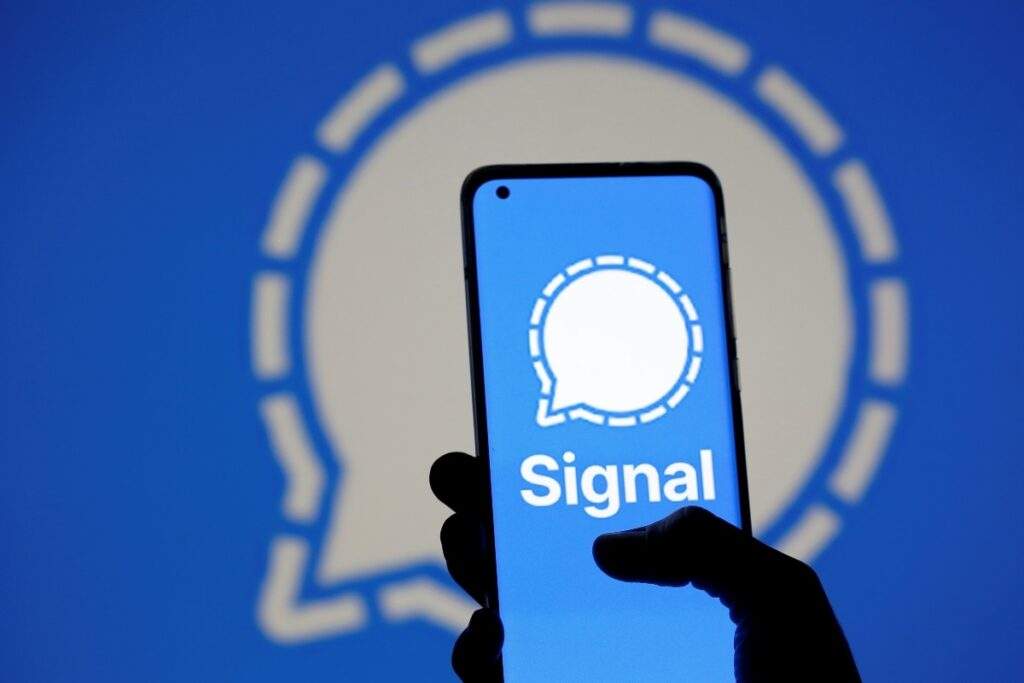Russia Blocks Signal, a Popular Encrypted Messaging App
Russia’s state communications watchdog, Roskomnadzor, has blocked the popular encrypted messaging app Signal, citing violations of laws linked to anti-terrorist operations. The move comes after hundreds of Signal users reported glitches with the app, which is used by up to a million Russians to encrypt messages and conversations.
According to Interfax news agency, Roskomnadzor announced the blocking, stating that Signal’s access was restricted due to the app’s failure to comply with Russian legislation aimed at preventing the use of messaging apps for terrorist and extremist purposes.
Before the blocking, users in Moscow and St Petersburg reported over 1,500 complaints about Signal on internet service monitoring sites. However, users who accessed the app via a Virtual Private Network (VPN) or used the built-in censorship bypass mode reported that it was working normally. This suggests that the issue was indeed a blocking of the app in Russia, rather than a technical problem on Signal’s side.
Mikhail Klimarev, author of the Telegram channel "For Telecom", told Reuters that this was the first attempt to block Signal in Russia. He noted that the app’s blocking was not as effective as the previous attempt to block Telegram, a widely used messaging app that was blocked by Russian authorities in 2018. Despite the blocking, Telegram remained widely available in Russia.
Signal’s inability to register new accounts without a VPN was also reported by three individuals from Moscow and the Krasnodar region. When attempting to register a new account, the service displayed a "Server Error" message.
The blocking of Signal in Russia raises concerns about the country’s efforts to restrict online communication and potentially limit the spread of information. The move is seen as part of a broader trend of governments around the world attempting to exert greater control over the internet and social media platforms.
